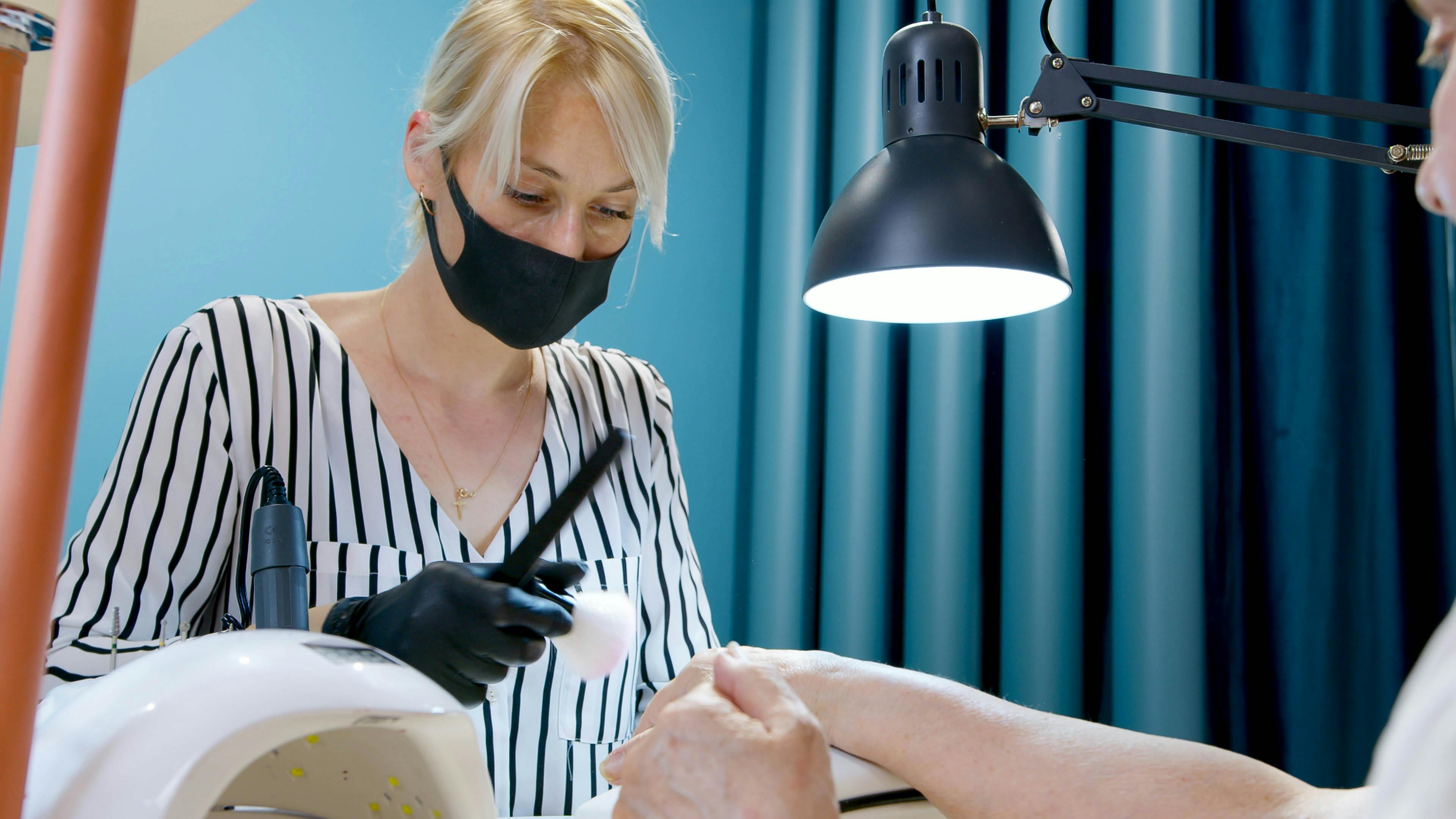As women approach menopause, it is natural for them to gain weight. You may notice that the belly area accumulates more fat; many menopausal women go to great lengths to find lower calorie sweeteners.
Unfortunately, artificial sweeteners put on weight. When researchers followed more than 1,000 people for 8 years, they found that, on average, for every diet soda consumer per day, the chances of being overweight increased by about 37%.
Furthermore, artificial sweeteners are also dangerous.
1. Don’t add artificial sugars to hot coffee. Aspartame is an artificial sweetener. It has similar effects in the body as monosodium glutamate (MSG). Also, when liquid aspartame is heated above 85 degrees, it breaks down into DKP and formaldehyde, both of which are toxins and cause cancer, brain damage, and more problems.
2. Artificial sugars make you chemically and physically addicted to them. Some studies have found that “fake” sugars increase the preference for sweets.
3. Diet sodas are loaded with artificial sugars. Since the fall of 1983, the FDA has approved NutraSweet for carbonated soft drinks and other liquids. Many people complained of horrible health problems, such as depression, hypertension, dementia, nausea, nausea, headaches, migraines, dizziness, etc.
The good news is that those extra pounds you gain during perimenopause will disappear once you are past menopause.
Also, diets high in sugar and fat will increase hot flashes. Diets low in sugar and fat, such as those in Asian women, will reduce hot flashes.
So avoid artificial sweeteners and cut down on sweeteners as much as you can during menopause. If you really like sweeteners, use natural cane sugar.



